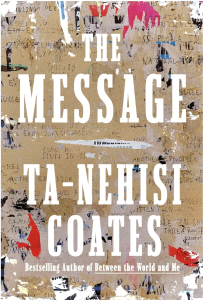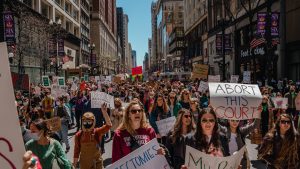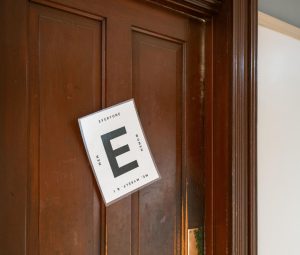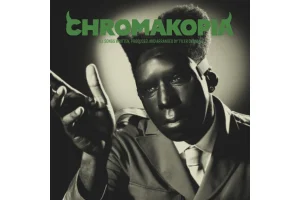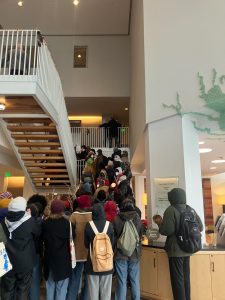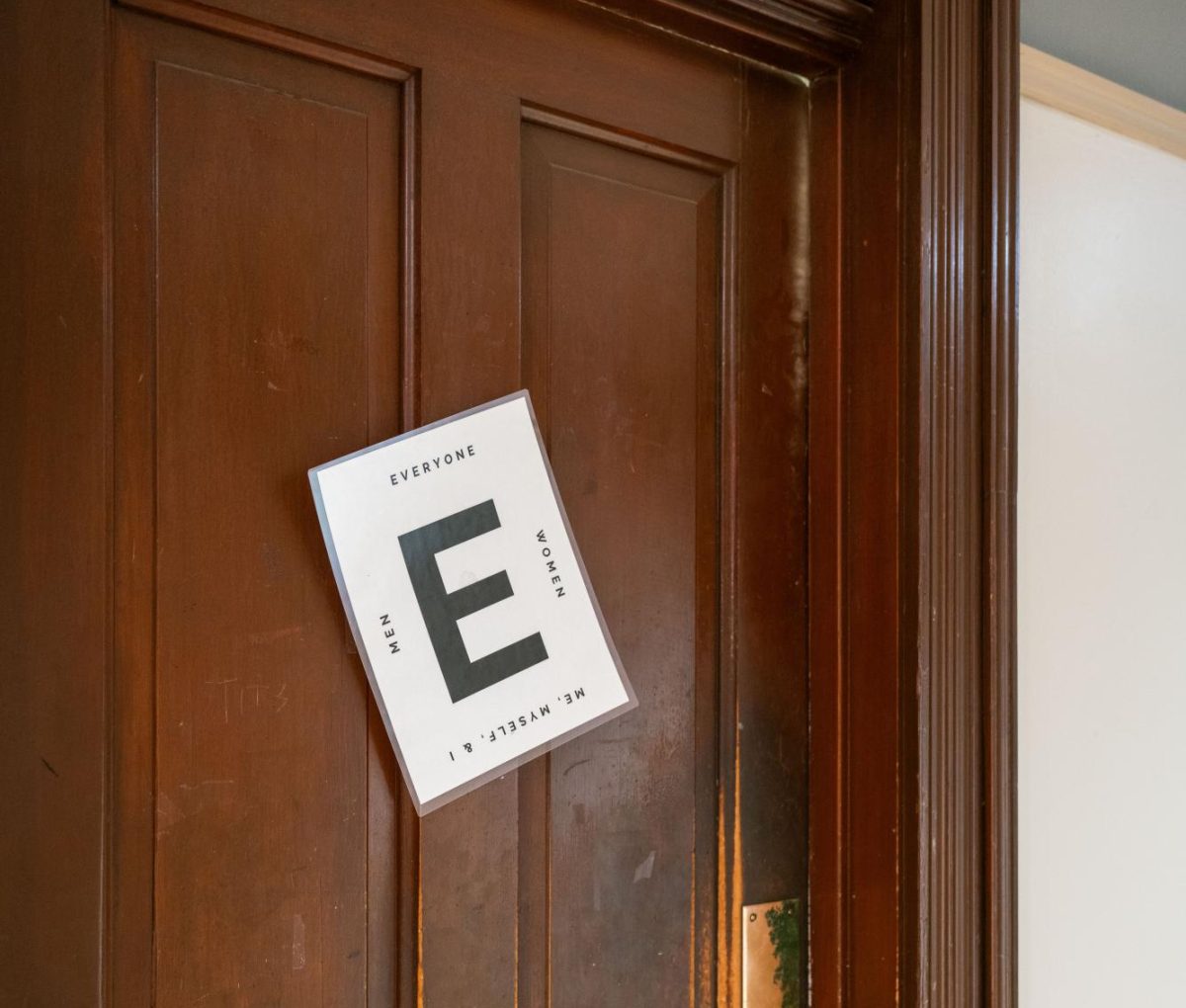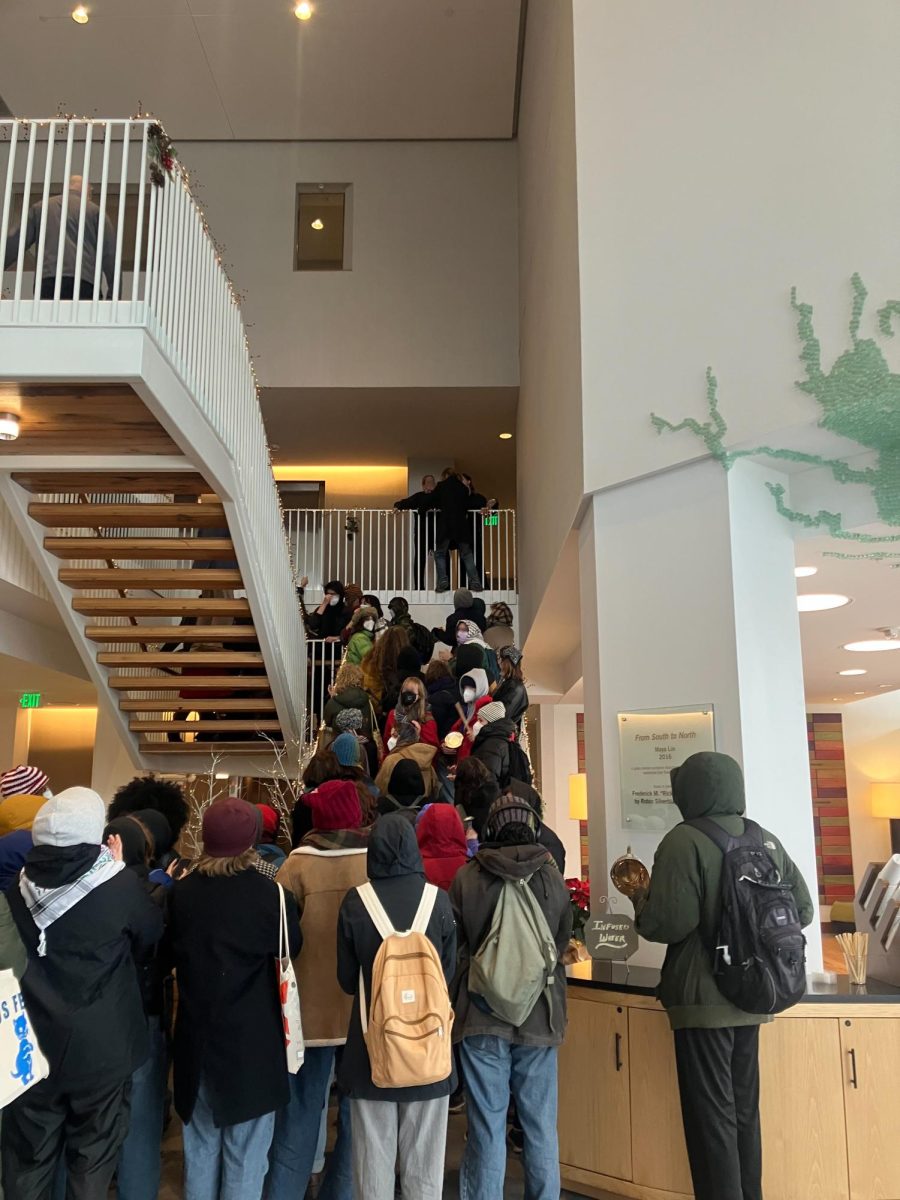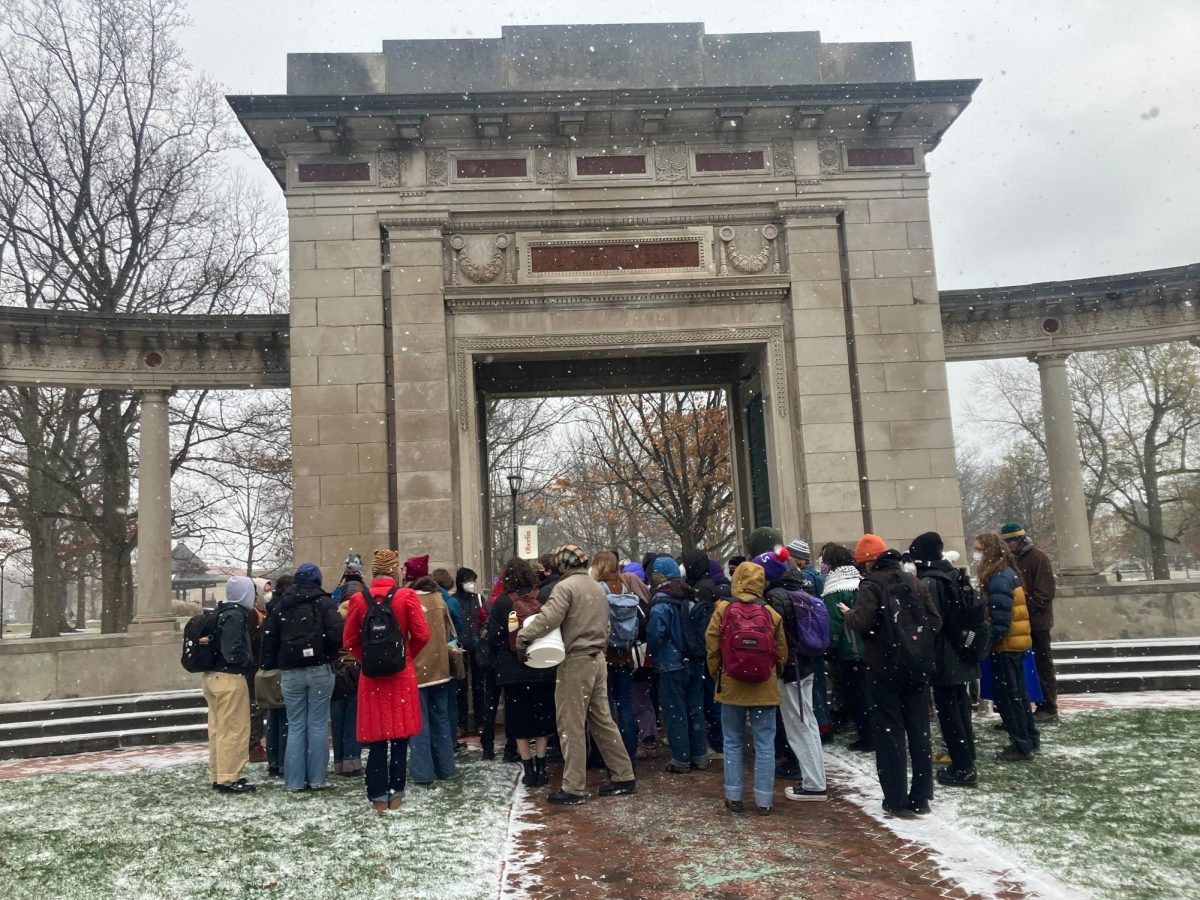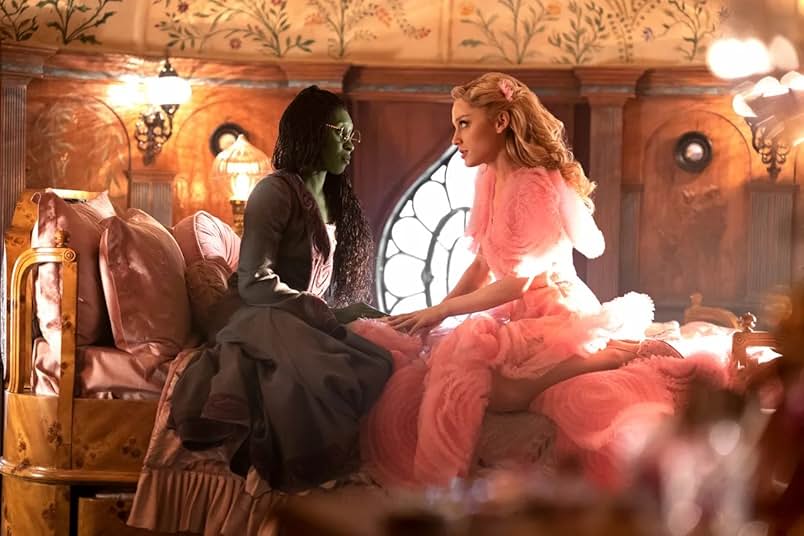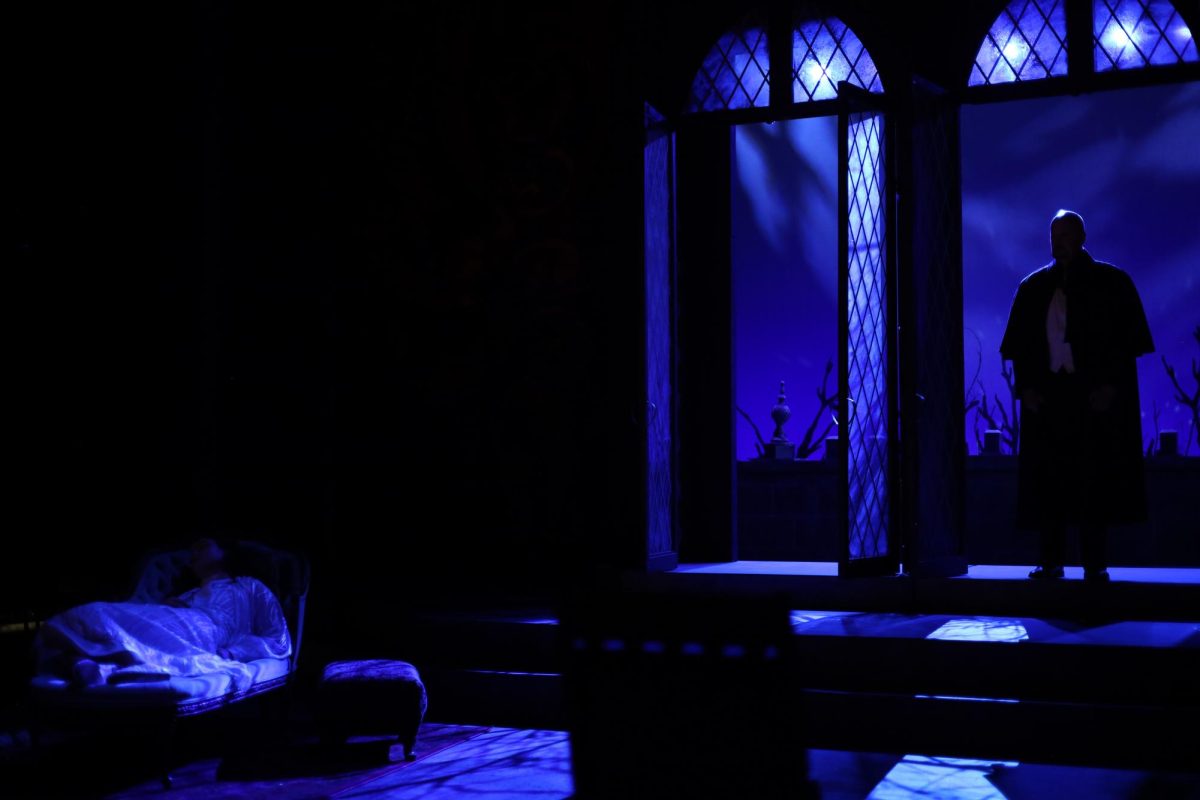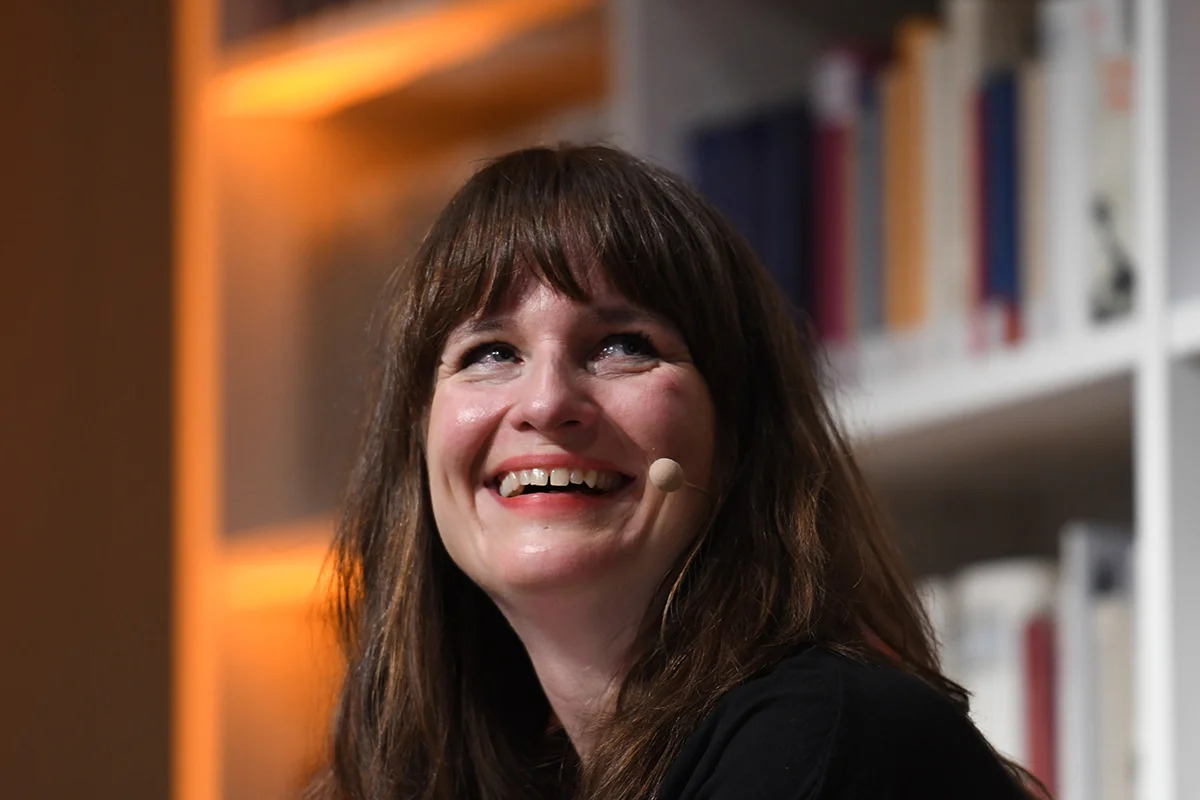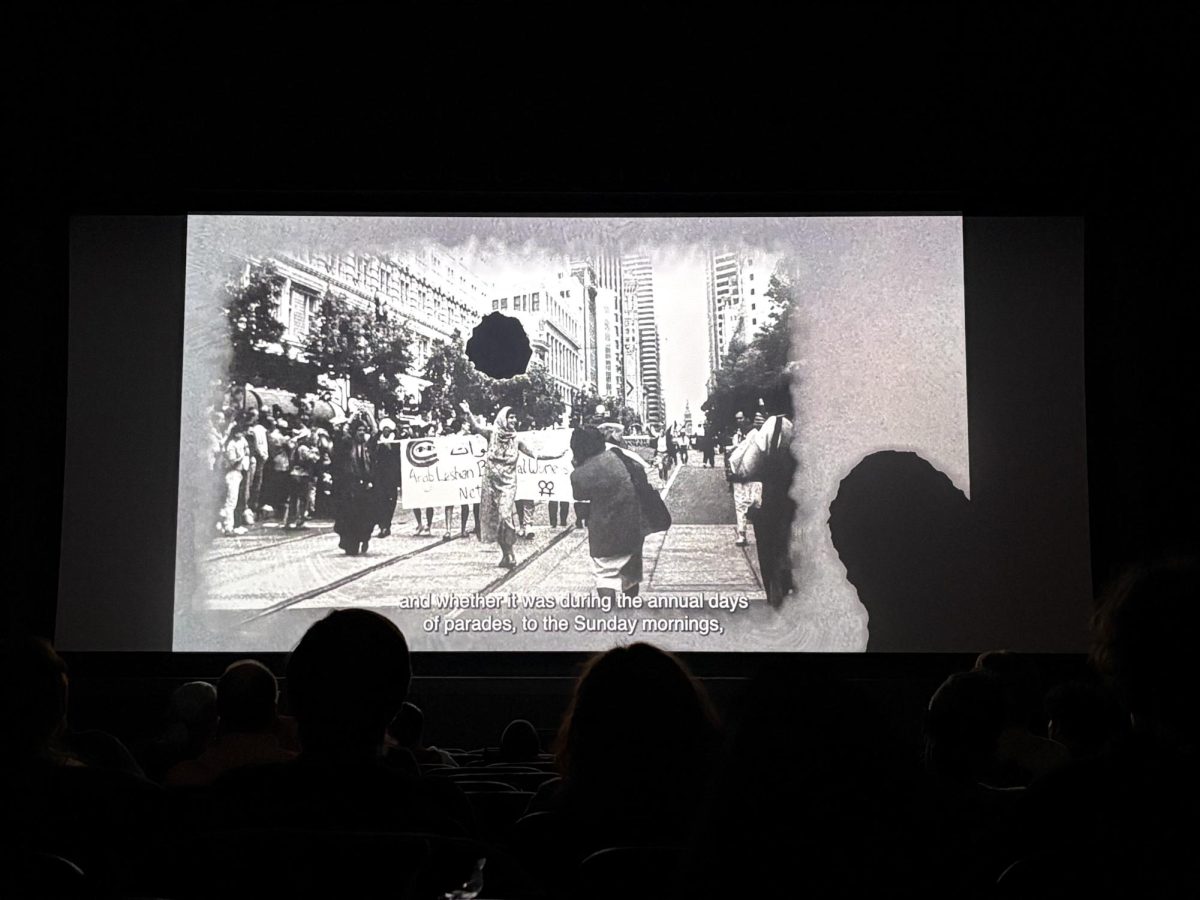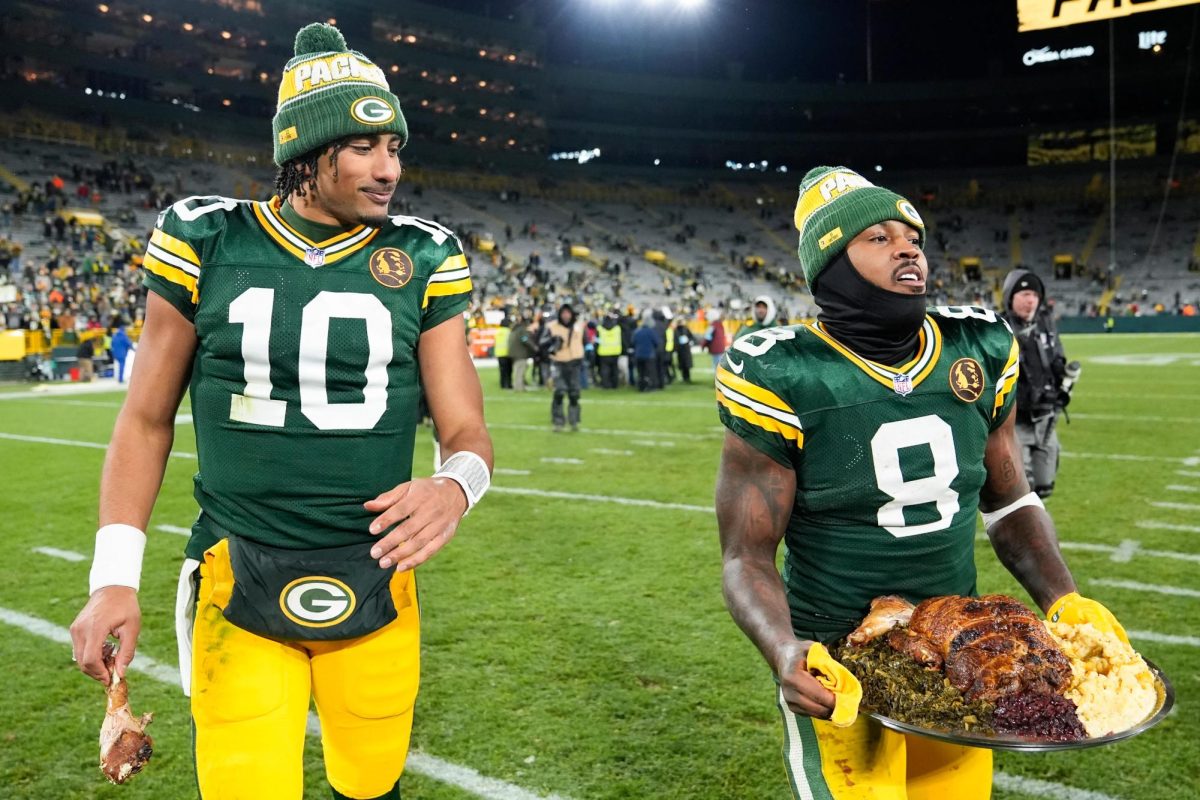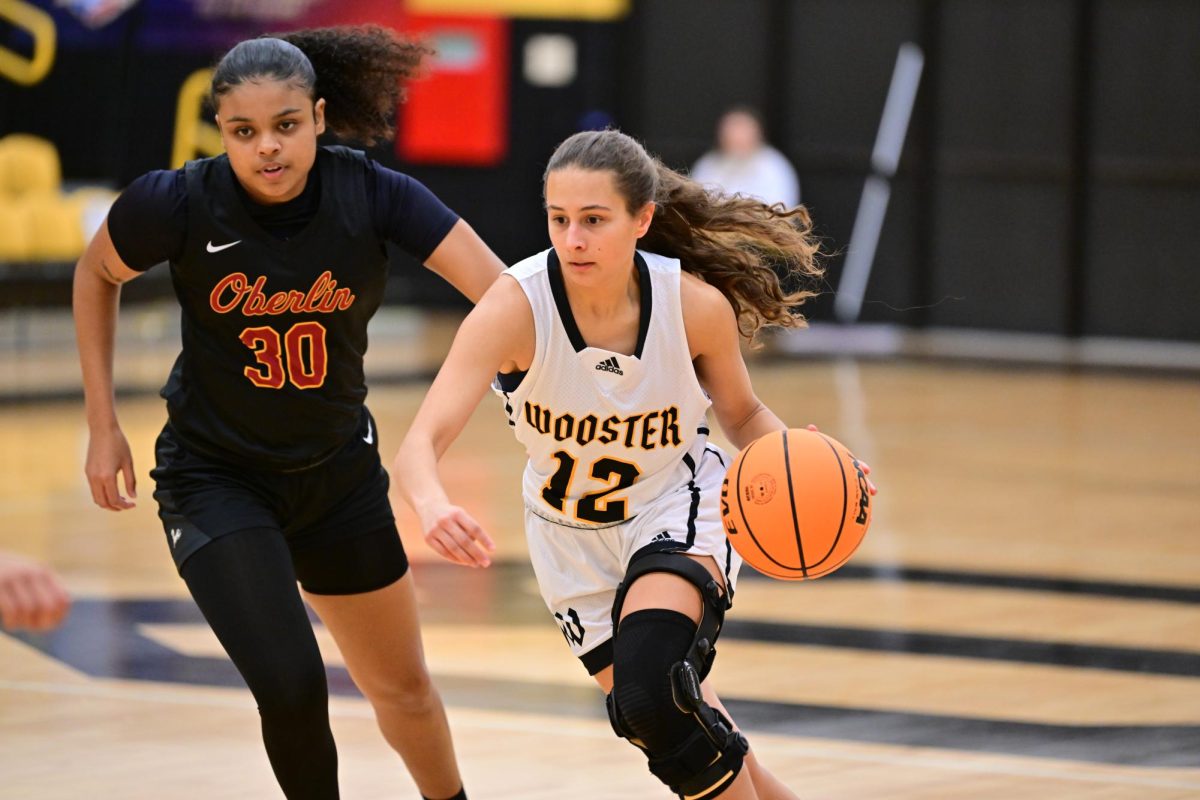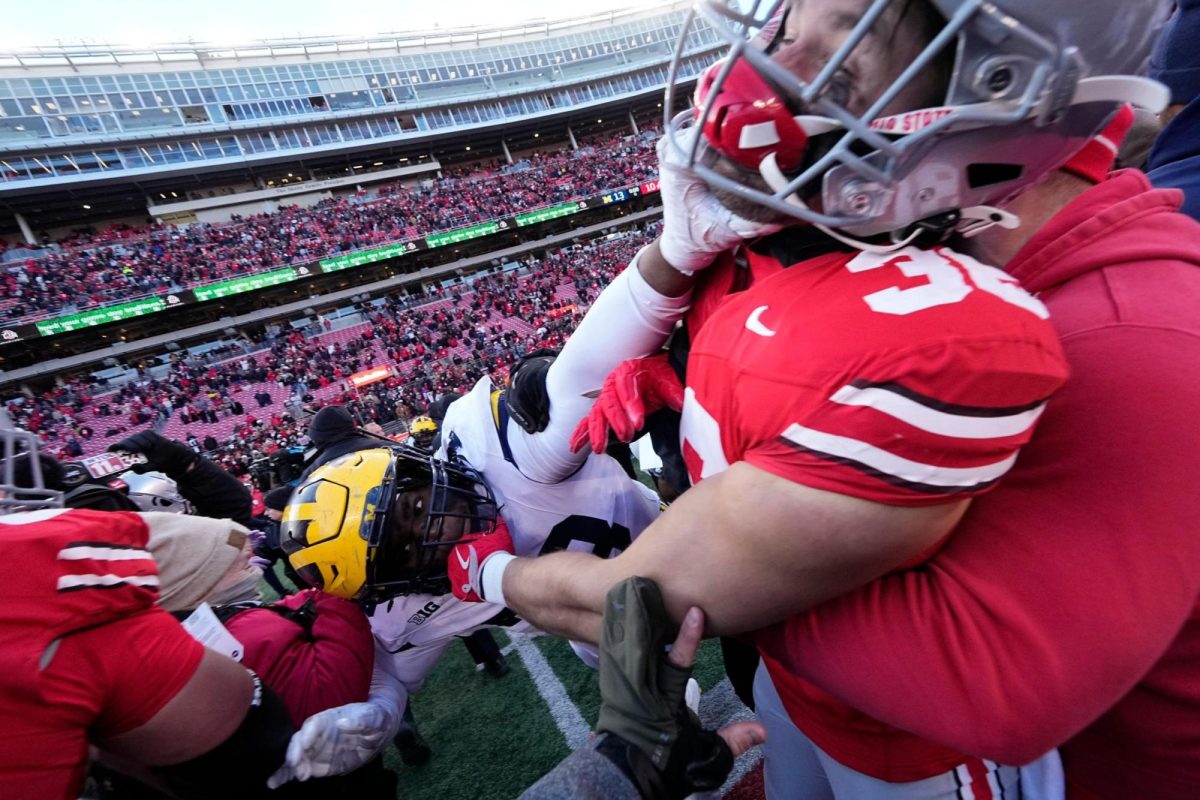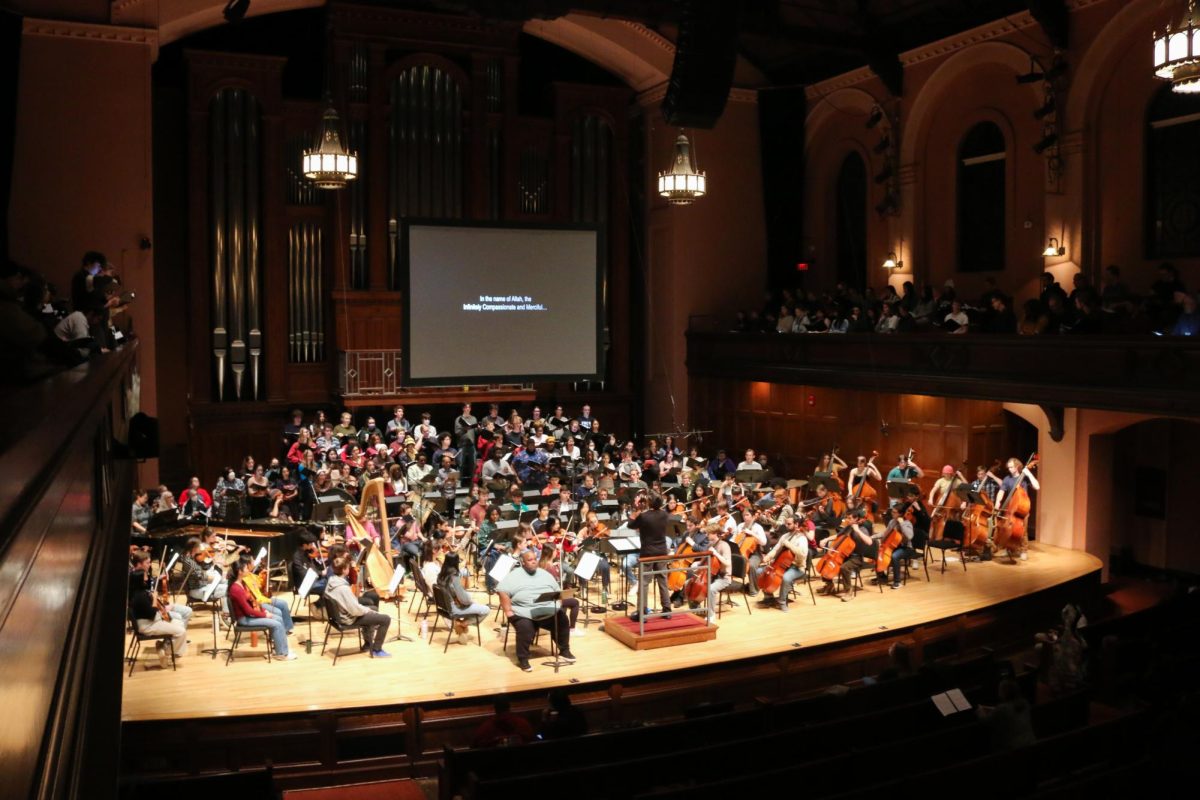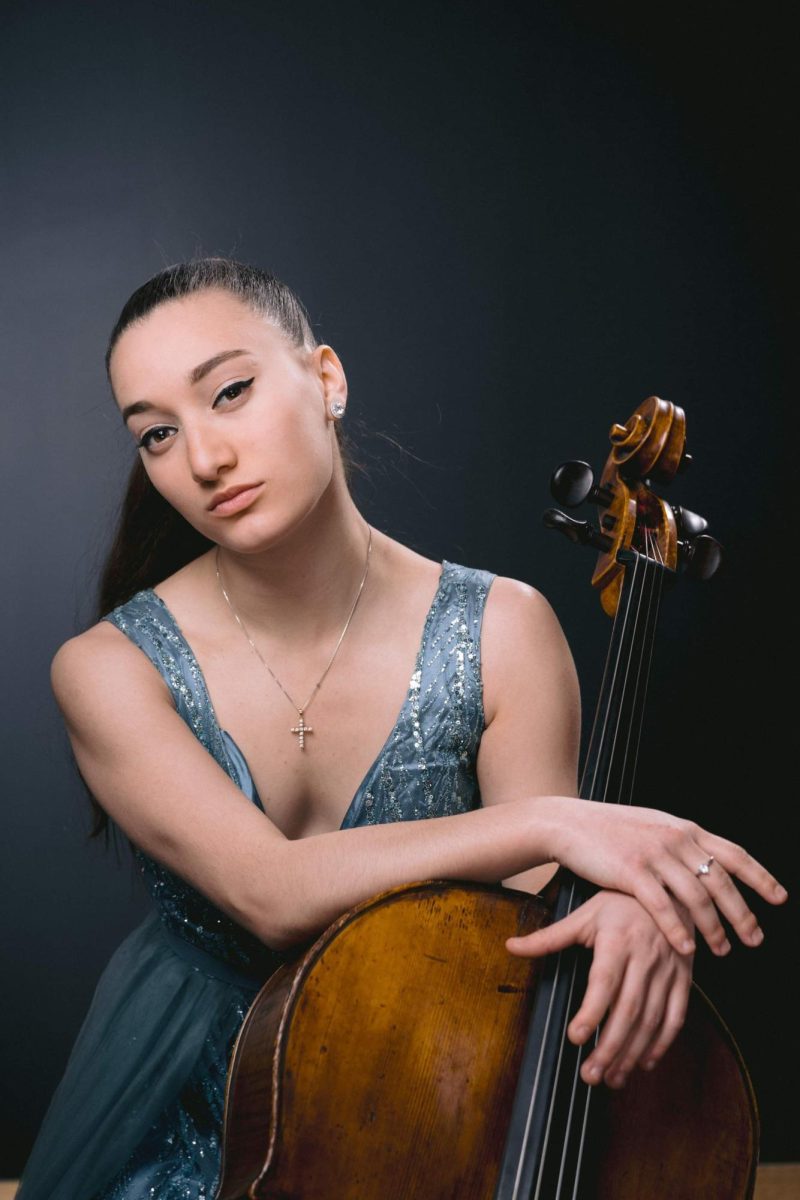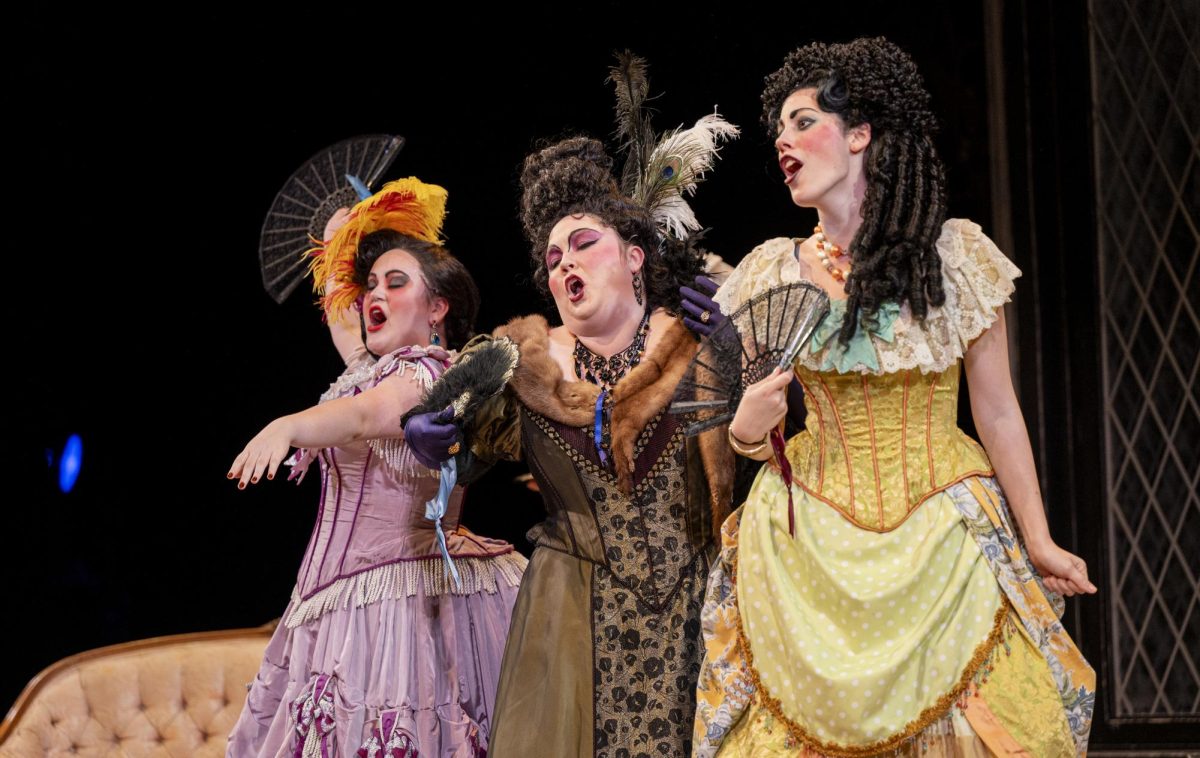Reagan Lectureship Series Promotes Free Speech, Challenges Assumptions and Bias
September 21, 2012
Last year, I repeatedly found myself presented on these pages as Oberlin’s equivalent of the Koch brothers. The cause was my support for the Oberlin College Republicans and Libertarians’ efforts to bring conservative speakers to campus. While members of the club have ably defended the Ronald Reagan Political Lectureship Series, I thought I might introduce myself and explain my motivations. I am “hedge fund manager Steven Shapiro OC ’83” (“Disrespect, Disruption Important to Demonstrate Dissent, The Oberlin Review, April 27, 2012).
As a graduate, I appreciate the opportunity to give back to Oberlin. That is why I serve on the Board of Trustees, and it is why I support a number of campus initiatives, including the Reagan Series. The College asks each of us to contribute to programs and initiatives that we find most interesting. I have long been concerned with the lack of political and intellectual diversity that exists at Oberlin. Just how lopsided is the intellectual landscape? Federal filings (fundrace.huffingtonpost.com) show that, since 2004, 100 percent of all reported contributions from Oberlin College employees have gone to Democratic candidates and organizations.
Certainly this is a reflection of a staggeringly homogenous political environment. None of us have all of the answers and no party has a monopoly on the truth. We all benefit from exposure to a wide range of viewpoints. Debate sharpens critical thinking skills and enhances one’s ability to persuasively argue his or her own positions. Occasionally we hear an argument that causes us to rethink a core belief or assumption. This is how we all grow intellectually. None of this is possible in an environment that seeks to silence debate and intimidate those who hold unpopular views.
The Reagan Lectureship Series is an attempt to compensate in a small way for Oberlin’s overwhelmingly liberal intellectual bias. Over the years it has brought to campus distinguished speakers who eloquently espouse points of view that are all too often casually dismissed or caricatured elsewhere on campus. Through hard work and dedication the small but resourceful OCLR club has succeeded in bringing distinguished, thoughtful and sometimes provocative conservative speakers such as Karl Rove, Newt Gingrich and David Brooks to Oberlin.
I have been proud to support their efforts. I am often approached by students and faculty who say something to the effect of “I didn’t agree with so-and-so, but thank you for helping to bring him/her to campus.”
Unfortunately, some students and faculty do not believe in open, robust debate. They believe that conservative speakers should not be permitted to speak on campus. Some have attempted to disrupt club events. This strikes me as anathema to Oberlin’s history, traditions and policies. I don’t pick the presenters, and I do not agree with every speaker that the OCRL club has invited. Every lecturer, however, has presented opinions that are well within the mainstream of American political thought. Even with the small number of events held by the club, the vast majority of speakers invited to campus each year are not conservative.
I am in favor of inviting as many well-respected speakers to campus as is possible. As a Board member I have voted to confer honorary degrees to a wide range of liberal intellectuals and leaders, including Michelle Obama, Barack Obama and Hillary Clinton. Wouldn’t it be great to hear any of them speak at Oberlin? Why would any serious intellectual want fewer interesting lectures on campus? The cost of the speaker series is modest, averaging under $40,000 per year (less than Oberlin’s tuition). Left-leaning alumni overwhelmingly outnumber conservatives. Rather than seek to silence the few OCRL events that take place each year, wouldn’t the school be better off if opponents turned their energy toward organizing a competing speaker series? I’m sure that many liberal alumni would jump at the opportunity to contribute to such an endeavor.
Some have complained about the format several lectures have taken. Individual speakers prefer (and insist upon) various presentation as well as Q&A formats. Students should keep in mind that the audience comes to hear, say, Karl Rove’s take on an election, or Newt Gingrich opine on policy. The goal of an event is to allow the speaker time to present their ideas fully and without interruption. If President Obama, who is currently touring college campuses, presented at Finney Chapel, how many would honestly oppose his visit should he insist upon a particular format for Q&A? Nor would professors react kindly to demands that they all adopt a standardized lecture format within their classrooms.
Has the speaker series been a success? It has created controversy and interest. It has hopefully encouraged students to think about freedom of speech. Perhaps it has helped students realize that both the First Amendment and Oberlin’s speech code exist to protect the rights of minorities to express their views freely. These protections are necessary precisely because the majority often finds such views offensive.
My largest frustration with the Series is that the events occasionally seem to draw few members of the College community. I believe students miss a valuable opportunity if they choose not to attend either due to apathy, intimidation or a conviction that the speakers represent viewpoints that are so contemptible that they are not worthy of consideration. Events that engender spirited discussion and thoughtful debate are ones which serve to enliven the Oberlin environment and elevate campus dialogue.
Finally, I can generally be found at the Feve after most board meetings. Please stop by, introduce yourself, have a drink and let me know what you think. I’d love to hear your thoughts or debate a point raised at a recent OCRL event!
–Steven Shapiro ’83 College Trustee


